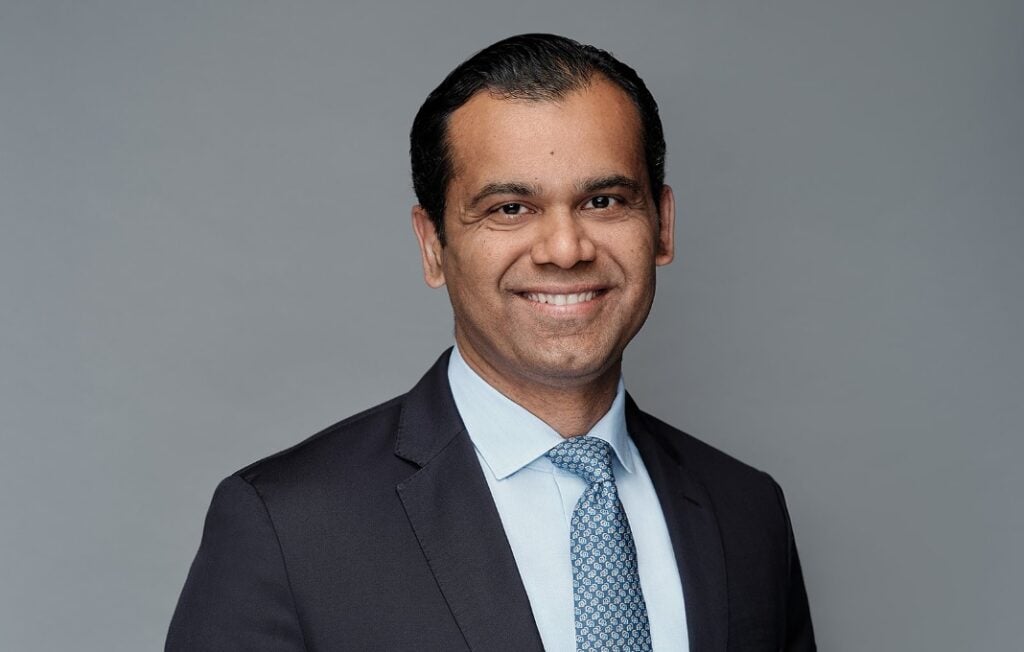Which member of the C-Suite arguably serves the most critical function? Studies often name the CFO. But according to Razzak Jallow, finance chief of Los Angeles-based FloQast, the best CFOs don’t stay siloed in the financial world.
Jallow previously held finance positions at Adobe Systems, Apple and Google. In his four years at FloQast, he’s brought the company to new heights, including a round of Series E Funding last year that raised FloQast’s valuation to $1.6 billion.
He spoke with CFO Leadership about what it takes to succeed as a CFO, how to interact with your organization’s CEO and why the best finance chiefs think beyond the numbers.
How can CFOs refine and amplify their strategic voices in the C-Suite, beyond financial operations?
The role of the CFO can be critical for modern businesses. If leveraged correctly, CFOs can offer immense financial direction and input to elevate an organization’s strategic direction. However, siloing a CFO’s workload to exclusively financial endeavors restricts the benefit they bring to their organizations at large and undermines their value as a member of the C-Suite.
Nearly half of CFOs say the two capabilities most critical to the future of the finance function are operational information and strategy enablement—both beating out specialized finance skills. Today’s organizations look to the CFO to provide more value and bring their unique perspective to the table by marrying deep financial knowledge with strategic thinking. In effect, today’s CFOs must operate as business leaders first and accountants second.
What business benefits come from close alignment between the CFO and CEO?
CEOs are often the ones who bring CFOs into the fold when companies require greater financial leadership during economic turmoil, need a new financial direction or are achieving a monumental goal such as going public.
In fact, according to IBM, CEOs view the CFO as the most crucial role in their organizations over the next two to three years. This close relationship between these two titles gives the CEO unparalleled visibility into all corners of organizational finance. It also improves decision-making by marrying deep financial knowledge with strategic thinking while additionally amplifying the CFO’s operational skill set and business knowledge.
The CFO wears many hats, particularly when their company goes through major undertakings like series funding rounds or S-1 filings. What advice do you have for CFOs finding themselves in evolving day-to-day duties?
Today’s finance professionals are also increasingly turning to automation technology to handle mundane tasks so they can devote more time to strategic, longer-lead efforts. With routine necessities in the hands of AI and automation, CFOs can advance longer, more significant milestone progress for their companies, like public filings and funding rounds.
In terms of day-to-day duties, CFOs need to keep their eye on the ball at all times–it can be overwhelming to maintain so many critical, organizational goals at once. This requires an adaptable mind and working attitude, as CFOs need to effectively communicate with all levels and roles within their finance team, as well as fellow C-Suite members.
Being a jack-of-all-trades is an essential leadership skill, as CFOs can easily slot themselves alongside their staff to assist with busy periods, while also being able to present these working experiences and insights to the wider board. These additional experiences of hands-on work also allow CFOs to further hone their leadership style, thus allowing for a more beneficial and productive work environment.
What leadership skills should CFOs and finance leaders hone in on as their roles evolve with the current industry?
Evolution is a cornerstone for success in any profession, but especially in leadership roles like the CFO title. If a leader cannot diversify and enhance their strategic abilities, their contributions will become stagnant and obsolete.
Most CFOs have years of experience making tough financial decisions and analyzing data, but not as many have been working closely with the operational side of the sales team, their finance team, or other members aside from the C-Suite. In a world where the CFO should be ready to take on any work the CEO can’t tackle, having an operational and collaborative focus is a major opportunity for added value.
CFOs as business leaders have an opportunity to build their team, surround themselves with the right people, and execute their strategies for greater financial benefit. This starts with stepping back, taking a holistic view of their organization, and asking, “What can we be doing better?” This wider perspective sets expectations for success and opens the door for CFOs to drive digital and financial transformation for the organization.
Both of the strategic concepts require the integration of new technologies and workflows to modernize outdated processes, update the finance function, and improve the overall quality of work for both employees and customers. The ability to seize on opportunities for business advancement and adapt to changing times, while ensuring their company is on track to meet its financial goals, is one of the biggest benefits a CFO can bring to their role within an organization.








